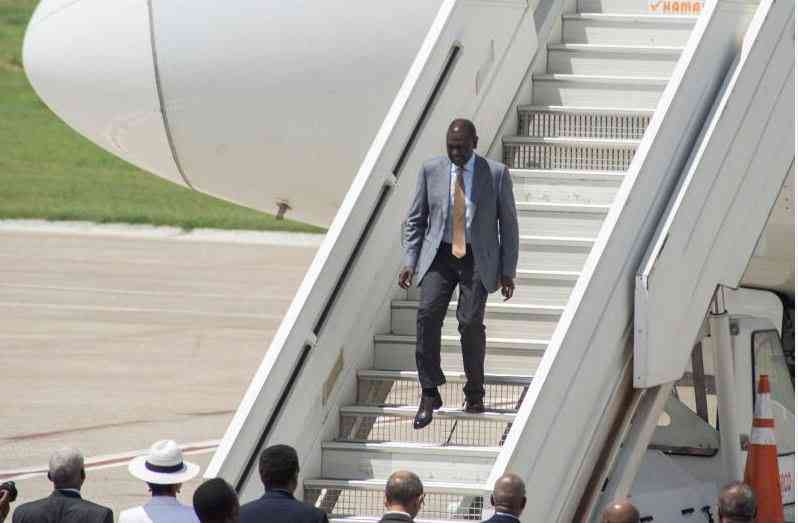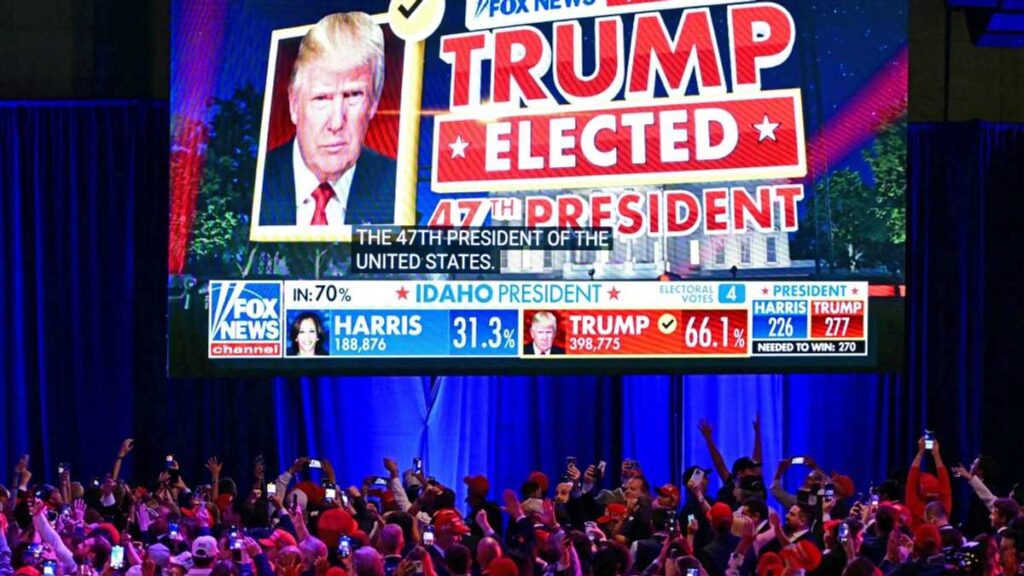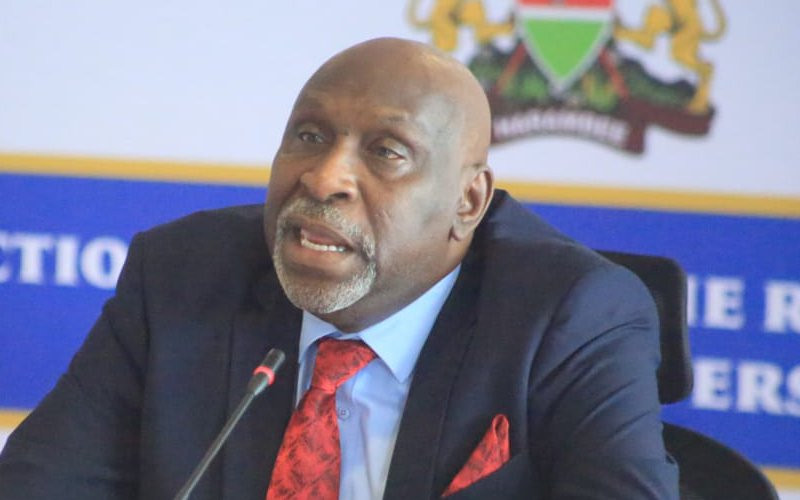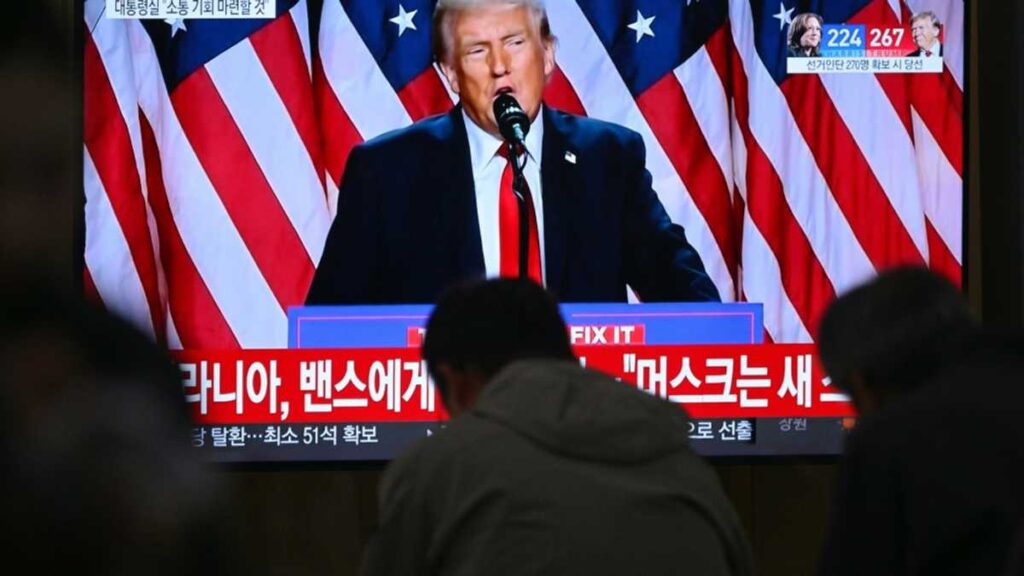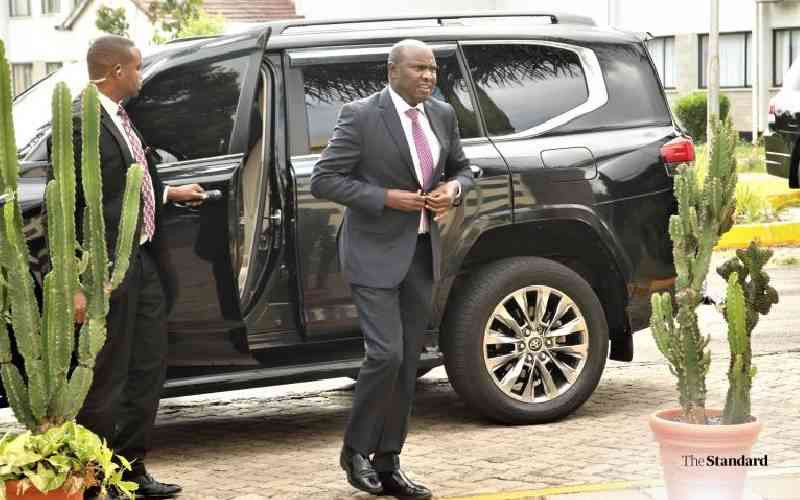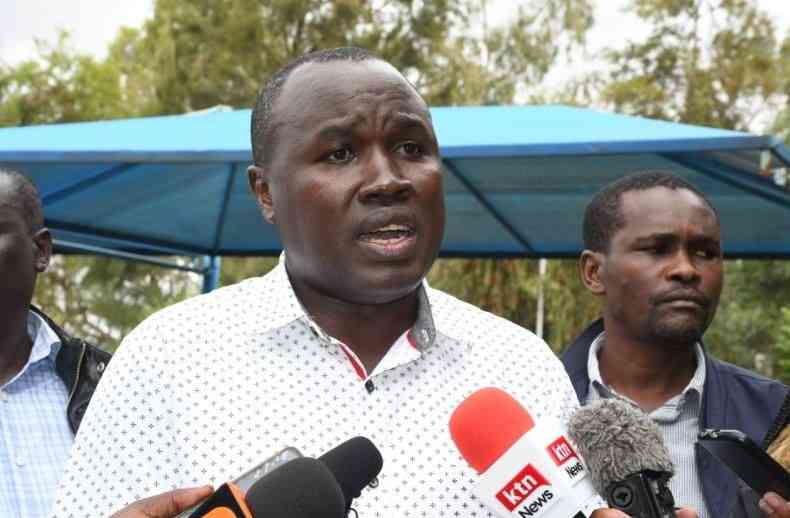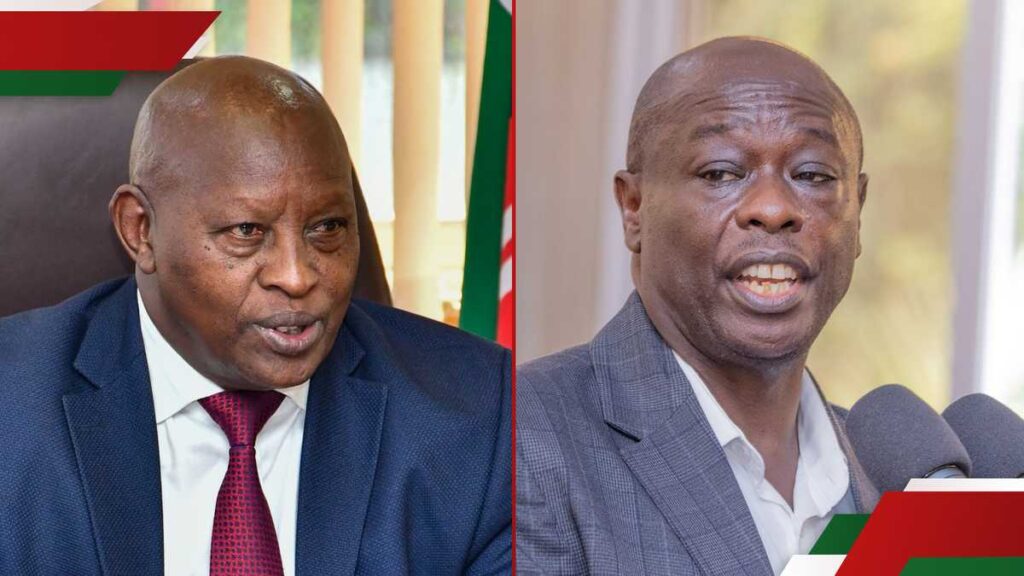President William Ruto’s five-day state visit to China, starting today, April 22, is being described as a high-stakes diplomatic and economic mission, according to analysts and officials in both Beijing and Nairobi.
Ruto is the first African leader to visit Beijing since US tariffs disrupted global trade, presenting Kenya with a unique opportunity to capitalise on the fallout, analysts say. This visit comes at a time when the global economic landscape is shifting due to rising trade protectionism.
Kenya is one of the countries affected by the punitive tariffs imposed by the Donald Trump administration, which have sparked a global trade war. President Ruto aims to secure substantial economic benefits for Kenya while navigating these complex international trade dynamics, officials said.
Ruto’s agenda includes securing significant Chinese investment in infrastructure projects, such as the delayed extension of the Standard Gauge Railway (SGR) from Nairobi to Malaba. The talks will also cover funding for road networks and port expansions, key components of China’s Belt and Road Initiative (BRI). Kenya is negotiating with China for funding and construction of the proposed Rironi-Mau Summit-Malaba dual carriage road.
In addition to infrastructure, Kenya is seeking access to China’s vast consumer market for its agricultural exports, particularly coffee and avocados. Analysts believe Beijing, aiming to counter US influence, may offer favourable trade terms to Nairobi.
Chinese economist Professor Justin Y. Lin advised Kenya to form alliances against US trade policies. “By standing together, countries representing a significant portion of the global economy can create a counterbalance,” Lin told The Standard in Beijing.
Before his departure, Ruto expressed optimism. “I am looking forward to this trip because it will give me an opportunity to exchange at the highest level with President Xi on matters of mutual interest,” he said.
Analysts suggest that Kenya’s growing relationship with China comes at a time when Western aid is diminishing. Ruto’s administration is eager to capitalise on Beijing’s appetite for investment in Africa.
Shen Shiwei, a researcher at the Institute of African Studies in China, told The Standard: “China’s expertise in industrialisation, technology transfer, and urban planning can provide valuable insights for Kenya’s economic growth.”
Ruto is also expected to pursue collaborations in green energy, with a focus on Chinese technology and investment in electric vehicles and renewable energy. “We are looking forward to sharing our green energy resources with China, which has advanced technology in solar panels and electric vehicle batteries,” he said.
Professor Yao Tang of Peking University suggested that Kenya could become a regional manufacturing hub, especially for electric vehicles, by leveraging rising production costs in China and excess capacity due to US tariffs. “If you want to sell cars in Kenya, then you need to set up operations here. This would generate local employment and also foster technology development,” Tang told The Standard.
This visit is seen as pivotal for Kenya’s economic future. Kinyuru Munuhe, Executive Director of Governance and Diplomacy Associates, told The Standard: “Kenya is at a critical juncture. Leveraging its relationship with China can significantly boost its economic prospects and shape its role in the evolving global economic order.”
Professor Dr Wang Yiwei of Renmin University of China advised African nations to reduce their economic reliance on the US and diversify their trade partners. “Try to derisk. Be more independent and connected with other partners and supply chains,” Wang said.
Wang highlighted China’s modernization journey as a model for African development, focusing on industrialisation and infrastructure development. “China’s modernization is for all countries,” he said.
Stay informed. Subscribe to our newsletter
As Western aid recedes, China has reassured African states, including Kenya, of its commitment through bilateral trade and investment. Chinese Foreign Minister Wang Yi emphasised the “all-weather” nature of China-Africa relations, highlighting infrastructure development and agricultural support.
Kenya is actively seeking Chinese funding to complete the SGR extension to Malaba and other road projects. Discussions around enhancing cooperation under the Forum on China-Africa Cooperation (FOCAC) are also expected.
Newly appointed Chinese Ambassador to Kenya, Guo Haiyan, reiterated China’s commitment to strengthening ties. “I am ready to work closely with the Kenyan government and people to deepen the traditional friendship between the two countries and further promote practical cooperation for the benefit of the two peoples,” she said.
Analysts believe that Ruto’s visit to China represents a critical moment for Kenya. The economic benefits and strategic partnerships forged during this trip could redefine Kenya’s development path in the context of a shifting global order. The success of this visit could determine Kenya’s ability to navigate the challenges posed by rising protectionism and secure its economic future.








